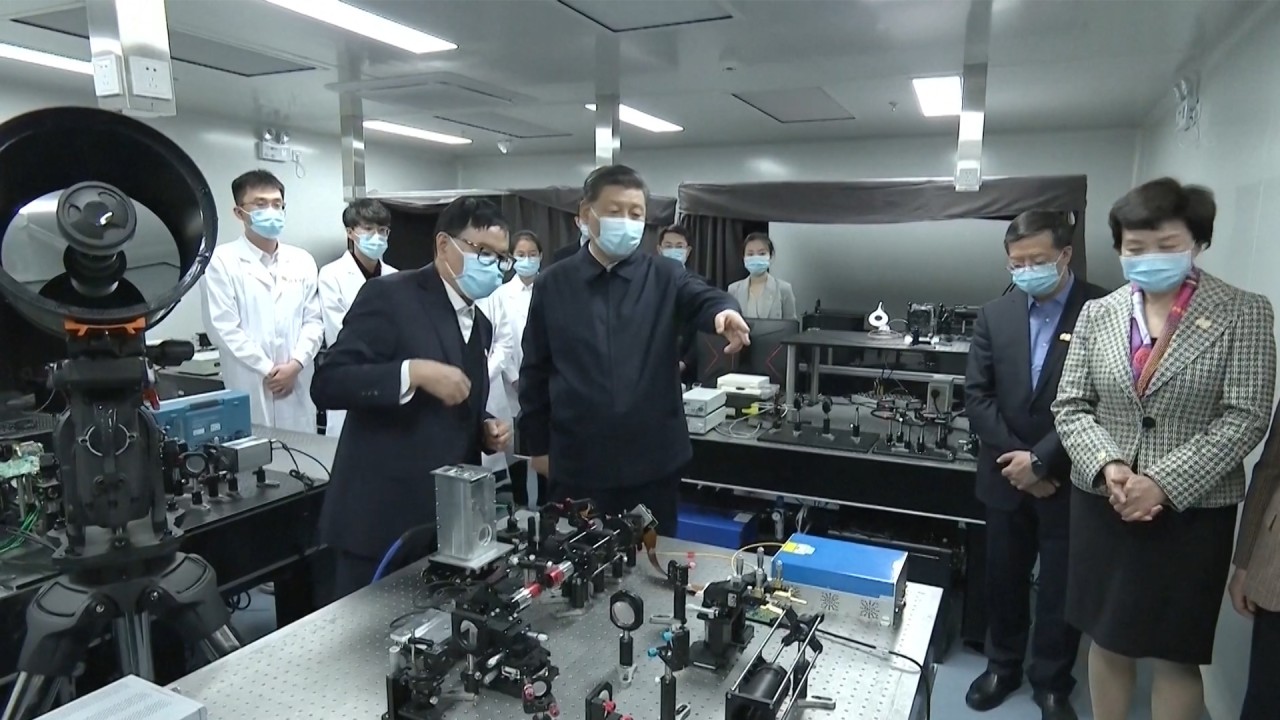
China’s fresh graduates are freaking out at living costs in tier-one cities as rents outpace starting pay in jobseekers
- Millions of graduates compete for jobs and flats in coveted tier-one cities only to push up rental costs, analyst says
- Rents in Beijing and Shanghai have risen 14-18 per cent since 2016 while the starting pay for new graduates rose 10.4 per cent from 2015 to 2020
The monthly pay for first-time jobseekers among graduates in big cities grew at 2 per cent annually over the past five years to 5,290 yuan (US$819) in 2020 from 4,793 yuan in 2015, according to recruitment platform Zhilian Zhaopin, while top graduates from the elite Tsinghua University commanded about 17,682 yuan.
Both are however below the minimum pay of 21,000 yuan needed to lease an entire apartment on their own in Beijing, according to a survey by Beike Research Institute. That leaves many of them to share a nano-flat about the size of a car parking bay, much like in Hong Kong, to survive the crunch.

08:07
Cheap housing but few economic opportunities for young Chinese in city along Russian border
“I’m tired of this kind of life, using almost half my salary on this shoebox space and still worrying if my landlord will raise the rent again or ask me to move out because he has sold the flat,” said Louis Xie, a 24-year-old postgraduate working in the capital. “I never ever thought that getting a home is such a difficult thing.”
Xie and two others are paying 8,800 yuan a month to share a 55-square metre (592 square feet) two-bedroom flat in a 40-year-old building about 20 minutes’ walk from his office. He is thinking of heading back to Changsha, his hometown some 15 hours by car south of Beijing, if the landlord raises the rent again after the last one 10 months ago.
He is among millions of graduates who enter the workforce annually, competing for jobs and accommodation in top-tier cities, while inadvertently fuelling the home rental market. Some 9.1 million people graduated from local universities this year, up from 8.5 million in 2020, according to the Ministry of Education.

01:14
Chinese universities should train ‘builders and successors’ of socialism, says President Xi Jinping
Rents in China’s tier-one cities like Beijing and Shanghai rose by 14 to 18 per cent between January 2016 and May 2021, according to E-House China R&D Institute, or 2.6 to 3.4 per cent annually. In Beijing, prices have increased 13 per cent this year to 91 yuan (HK$110) per square metre from the end of 2020.
“Young people boost the demand of the leasing market as they flock to major cities like Beijing, Shanghai and Shenzhen to look for high-paying jobs,” said Yan Jinqiang, senior analyst with Beike Research Institute. “Thus, the difficulties of renting a home among them would continue to be an issue.”
While the solutions cannot come fast enough, their plight has received the attention of China’s top leadership. Premier Li Keqiang said the government will boost the supply of subsidised rental homes, shared ownership housing and cut taxes and fees to ensure a well-regulated rental market.
“We will address prominent housing issues in large cities [and] make every effort to address the housing difficulties faced by our people, especially new urban residents and young people,” Li said in his annual work report to China’s legislature in Beijing in March.
China has also instructed the local governments in Beijing, Shanghai, Guangzhou, Shenzhen, Fuzhou and Nanning to build more public rental housing for low-income groups and the younger generations.
“It is almost not possible for a fresh graduate to live by themselves in major cities like Shanghai and Beijing without financial support from their parents,” said Yan Yuejin, director of the Shanghai-based E-house China Research and Development Institution. “Some measures have been rolled out to ease their burden. More should be done.”

